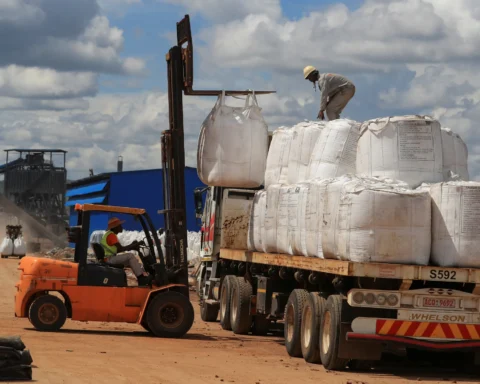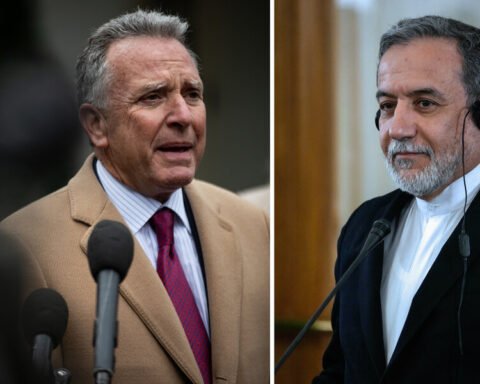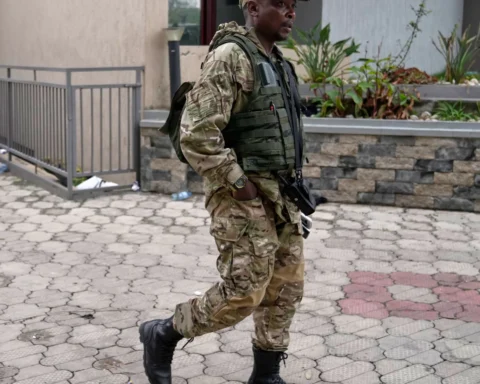The High Court in Dar es Salaam has rejected a legal bid by the defence team of opposition leader Tundu Lissu to block the use of anonymous witnesses in a politically sensitive criminal trial.
The ruling, delivered on Tuesday, August 12, 2025, by Justice Elizabeth Mkwizu, clears the way for the prosecution to present protected witnesses in the case currently before the Kisutu Resident Magistrate’s Court. Lissu is facing charges of publishing what authorities describe as false information online — allegations he has repeatedly denied.
The court’s decision followed weeks of arguments over whether concealing the identities of certain witnesses would violate the accused’s constitutional rights. The prosecution argued that anonymity was necessary to safeguard individuals who might otherwise face threats or intimidation, while the defence maintained that such measures erode the right to a fair trial by preventing proper cross-examination.
In her judgment, Justice Mkwizu said the application for witness protection met the legal requirements under Tanzania’s criminal procedure laws. She stressed that the move was intended to ensure safety while maintaining the credibility of court proceedings.
Also Read; Mali Military Detains Suspected Coup Plotters Amid Instability
Outside the courthouse, Lissu’s lawyer, Dr. Rugemeleza Nshala, told reporters the defence team was “deeply concerned” by the ruling. He warned it could set a troubling precedent for future trials, particularly in cases involving political opponents.
“This decision weakens the principle of open justice and risks tilting the balance of the legal process in favour of the prosecution,” Dr. Nshala said, adding that the team was considering further legal steps to challenge the order.
The use of secret witnesses has long been contentious in Tanzania, especially in cases touching on politics, security, or human rights. Supporters argue it is a necessary safeguard in high-risk situations, while critics say it can be misused to shield questionable evidence from proper scrutiny.
With the country heading toward the 2025 general election, legal observers note that any court decision involving Lissu is bound to have political ramifications. His ongoing trial is already drawing close attention from domestic watchdog groups and international human rights organisations, which have called for greater judicial transparency.
The Kisutu court is expected to resume hearings later this month, when the protected witnesses will begin testifying. Analysts say the testimony will likely shape the trajectory of the case and could have lasting implications for the debate over judicial openness and witness protection in Tanzania’s legal system.







